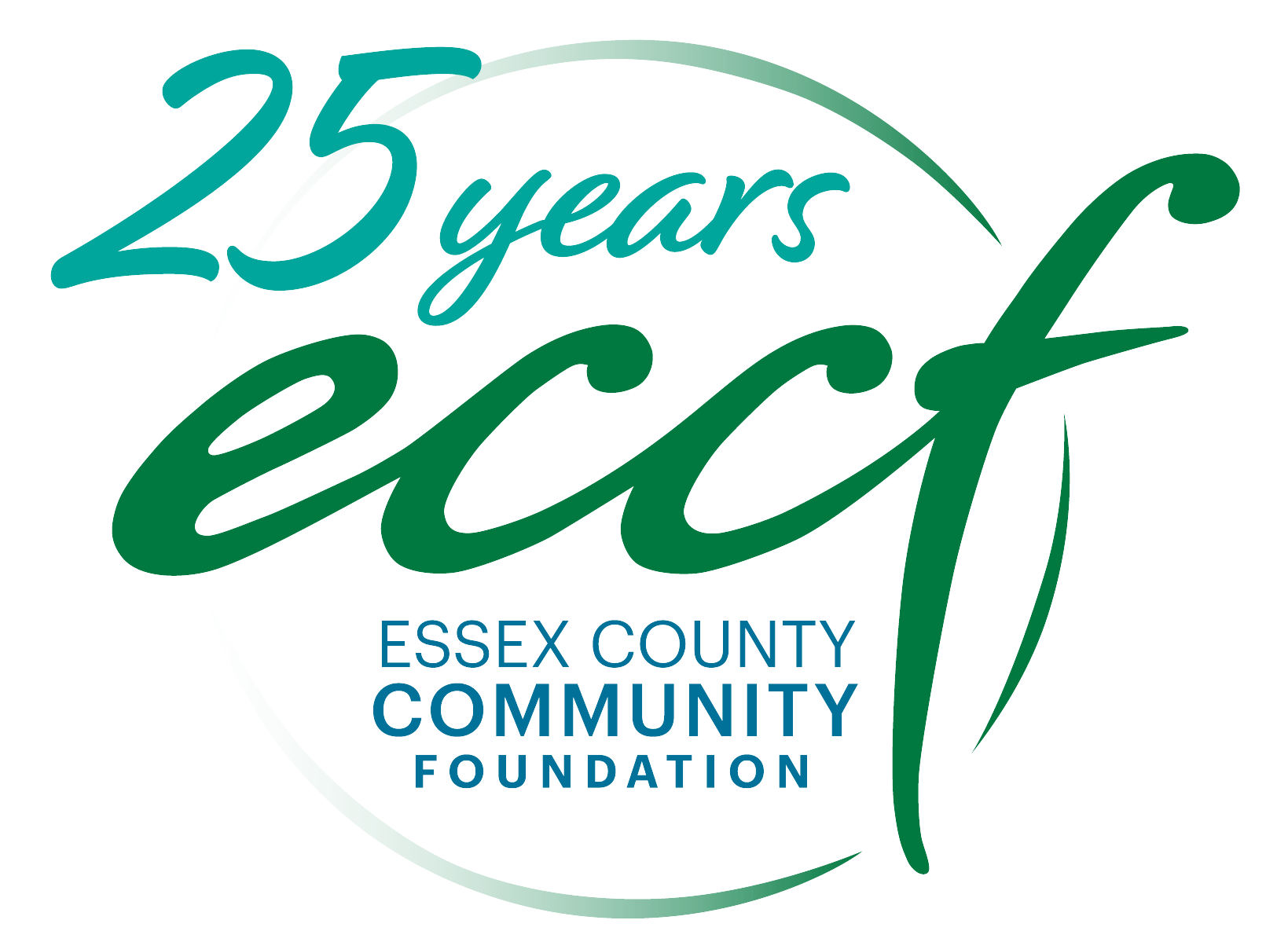Danvers, MA — Essex County Community Foundation (ECCF) announced today that it has awarded the fourth round of grants from its Essex County COVID-19 Response Fund, established in March to support nonprofits on the frontlines of the pandemic response in Essex County.
This fourth round of grants – which totals $650,000 directed to hunger and healthcare nonprofits and support for creative gig workers – includes $600,000 of funding from the Massachusetts COVID-19 Relief Fund, established by First Lady Lauren Baker and the One8 Foundation to support those across the Commonwealth most impacted by COVID-19. This statewide fund works in concert with regional community foundations to strategically fill in where gaps are pronounced.
“As this health crisis continues to affect people in our region in myriad ways, continued support from the Massachusetts COVID-19 Relief Fund has enabled ECCF to increase funding to our frontline nonprofit organizations, which are working tirelessly to assist the most vulnerable among us,” said ECCF President and CEO Beth Francis. “We are so thankful for this partnership, which has given us the ability to broaden the scope and size of our impact.”
To date, ECCF has awarded nearly $1.9 million to 124 nonprofits battling COVID-19 and the resulting economic fallout of the virus.
This most recent round of funding is focused almost exclusively on food insecurity and support for frontline essential workers. The $650,000 is being distributed to 43 organizations including food pantries and collaborations, social service organizations, and community hospitals and health centers.
“For so many across the state – and in Essex County – access to food continues to be a major concern and will continue to be a concern for some time to come,” said Carol Lavoie Schuster, ECCF’s vice president for grants, nonprofits, and donor services. “Food insecurity is high in the best of times, but when a crisis of this magnitude hits, our most vulnerable populations experience a heightened need and rising unemployment rates force even more people to seek assistance.”
According to recent reports, the Massachusetts Department of Transitional Assistance, the agency that administers the state’s SNAP program, has seen a 400 percent increase in applications for food benefits.
Community health centers are also facing severe impacts from the health crisis. The Massachusetts League of Community Health Centers estimated that, statewide, health centers have seen on average a 60 percent decline in revenue.
“Community healthcare centers, which also serve our most vulnerable populations, are struggling to maintain capacity, supply frontline staff with the proper personal protective equipment to safely perform their jobs, and keep up with the costs of adding telehealth to their array of services,” said Lavoie Schuster. “And this is happening at a time when residents need their services the most. Local hospitals are facing similar capacity challenges.”
The challenges of maintaining access to food and providing adequate support for essential frontline workers became evident right from the start of the pandemic and have persisted throughout.
“Successfully navigating these two major challenges is crucial to keeping our communities nourished, safe, and healthy during the pandemic, and after it has subsided,” said Lavoie Schuster. “And we are proud to support our local hunger and health organizations that are working so hard to do just that.”
In addition to supporting hunger and healthcare nonprofits, $25,000 from the Essex County COVID-19 Response Fund will be used to support individual Essex County artists – who have also been hit hard by the pandemic – through the Essex County Artist Fund.
“These creatives are gig workers that have faced unprecedented challenges due to the restriction of social interaction, which is so crucial to their work,” said Karen Ristuben, program director for ECCF’s Creative County Initiative, ECCF”s effort to support the region’s creative ecosystem. “The Grants will not only provide our local creatives with much-needed financial support, but they also let them know that we value their work, which is essential to the vibrancy and connectedness of our communities.”
While Governor Charlie Baker’s May 18 announcement that select Massachusetts businesses will begin opening this week shines a light at the end of the tunnel, thousands of Essex County residents will struggle for the foreseeable future as we continue to battle the virus and its effects.
“Unfortunately, there will be a sustained strain on nonprofit organizations struggling to provide residents with basic services with stretched resources,” said Francis. “And as the long-term effects of the virus are unveiled with time, additional organizations will find themselves strapped. Our local nonprofits – and the residents they serve – will need our support for a long time to come.”
You can help those most affected by the COVID-19 crisis by supporting our region’s nonprofits on the front lines. Donate today to the Essex County COVID-19 Response Fund at COVID-19 Response Fund.
About ECCF
The mission of Essex County Community Foundation is to inspire philanthropy that strengthens the communities of Essex County. We do this by managing charitable assets, strengthening and supporting nonprofits and engaging in strategic community leadership. Since 1998, ECCF and its family of more than 230 charitable funds have granted $85 million to nonprofits, schools and students in Essex County and beyond. Our ultimate goal is to have 34 thriving cities and towns in Essex County and to improve the quality of life for the region’s nearly 800,000 residents. Learn more at eccf.org.
About the Massachusetts COVID-19 Relief Fund
The Massachusetts COVID-19 Relief Fund supports those across the state most impacted by the COVID-19 health crisis, focusing on essential frontline workers and vulnerable populations including the homeless, immigrant populations, people with disabilities, and those facing food insecurity. The Fund works in concert with regional community foundations and non-profit leaders who partner with local leaders to understand the response and relief landscape, strategically filling in where gaps are pronounced. For more information, visit MACovid19ReliefFund.org.

